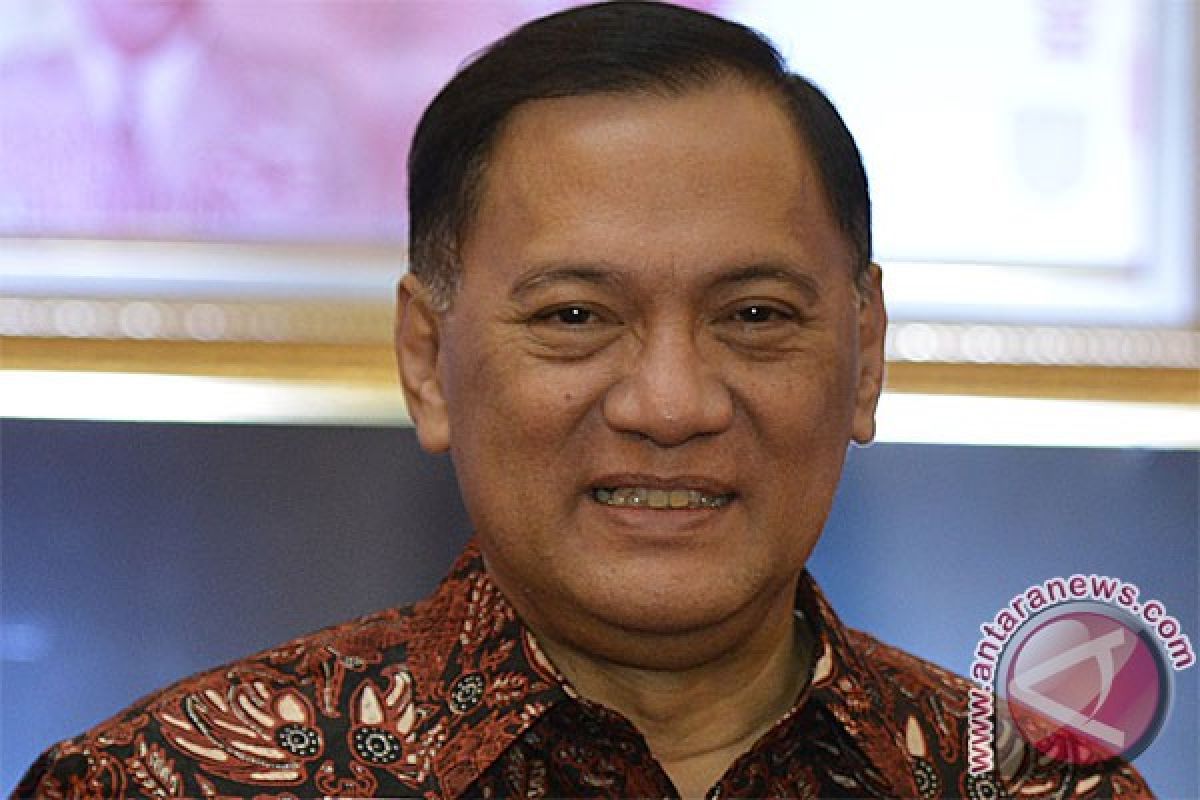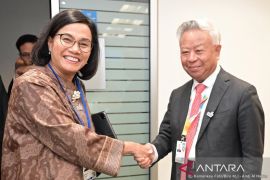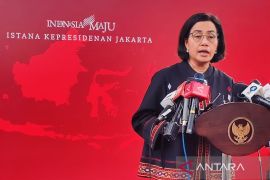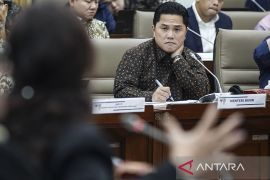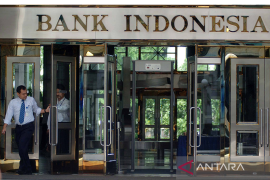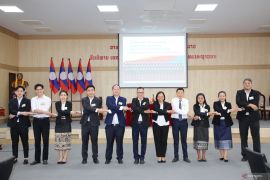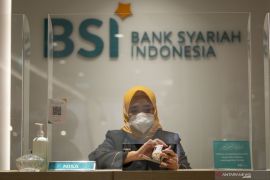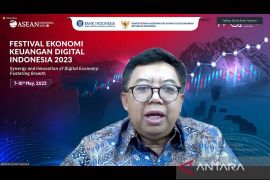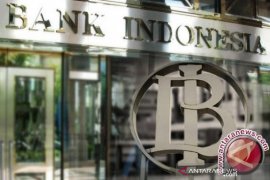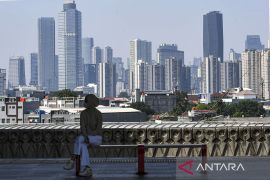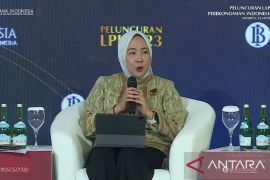The decision was taken by the Board of Governors (RDG) of Bank Indonesia (BI) at its meeting on Tuesday.
"The RDG decided to strengthen its policy mix in response to the governments fuel subsidy reforms. . It decided to raise the BI Rate by 25 bps to 7.75 percent, effecting an increase of 50 bps in the Lending Facility Rate (LDR) to 8.00 percent but keeping the Deposit Facility Rate unchanged at 5.75 percent. This policy will be effective from November 19," Agus Martowardojo, Governor of BI, said during a press conference here on Tuesday.
Martowardojo added that the move to raise the BI Rate was aimed at dealing with expected inflationary impact and to ensure that inflationary pressures are only temporary and remain under control following the hike in the price of subsidized fuel. It also aims to ensure that inflation promptly returns to its target corridor of 4, plus/minus 1, percent in 2015.
The RDGs decision, Martowardojo stated, was also consistent with the progress being made in managing current account deficits and bringing them to a more sustainable level.
"The widening of the interest rate corridor for monetary operation is intended to manage the liquidity and support the deepening of the financial market," he explained.
Furthermore, as its second policy, BI has been preparing macro-prudential policy adjustments to enhance funding resources for banks while promoting deepening of financial market and extending loans to productive sectors.
Such a policy would include extending the definition of deposits by including securities issued by banks in LDR calculation under an LDR-linked RR policy. It would also include providing incentives to foster allocation of credit to micro small-medium enterprises.
"Besides, we will also strengthen our payment system policy to support the gradual expansion of governments social assistance programs to the public to lessen the impact of the fuel price hikes through the use of electronic money and the implementation of digital financial services," Martowardojo noted.
BI will also continue with its rupiah exchange rate stabilization policy in accordance with its fundamental value.
"The subsidized fuel reform policy is expected to strengthen market confidence and improve the current account position, which is more conducive to future rupiah fluctuations," he remarked.
The BI governor also assured that the bank will strengthen coordination measures with the central and provincial governments. It will focus on efforts to minimize potential inflationary pressures, particularly by stemming rising transportation costs and maintaining food prices.
The coordination measures will also be intensified to expand fiscal stimuli to productive sectors and encourage further structural reforms to boost economic growth and create employment opportunities.
By synchronizing the work between the BI and the government, Martowardojo affirmed that it will maintain macroeconomic and financial system stability and will also support sustainable economic growth.
"Bank Indonesia welcomes the governments fiscal reform policy to reallocate the fuel subsidy to productive sectors. This fiscal reform policy is an essential step and an integral part of structural reforms to strengthen economic fundamentals in Indonesia," he explained.
Despite higher prices in the near-term future, the policy mix of Bank Indonesia, along with tight policy coordination with the government, is expected to control inflationary pressures, which are perceived to be only temporary.
The policy is expected to reduce oil imports and, thereby, reduce the current account deficit, particularly in terms of the persistently large oil and gas trade deficit.
Moreover, the government policy in terms of social assistance disbursements to the poor will also offset the potential decline in the publics purchasing power, which is conducive to private consumption growth.
"Reallocation of the subsidy budget to finance infrastructure development and various productive activities will boost the governments fiscal capacity in terms of nurturing a stronger and more sustainable economic growth," Martowardojo stated.
In general, BI projects economic growth in the range of 5.4 to 5.8 percent in 2015 and higher in the medium- to long-term future, with maintained macroeconomic and financial system stability.
(Reporting by Citro Atmoko/Uu.INE/KR-BSR/A014)
Editor: Priyambodo RH
Copyright © ANTARA 2014
